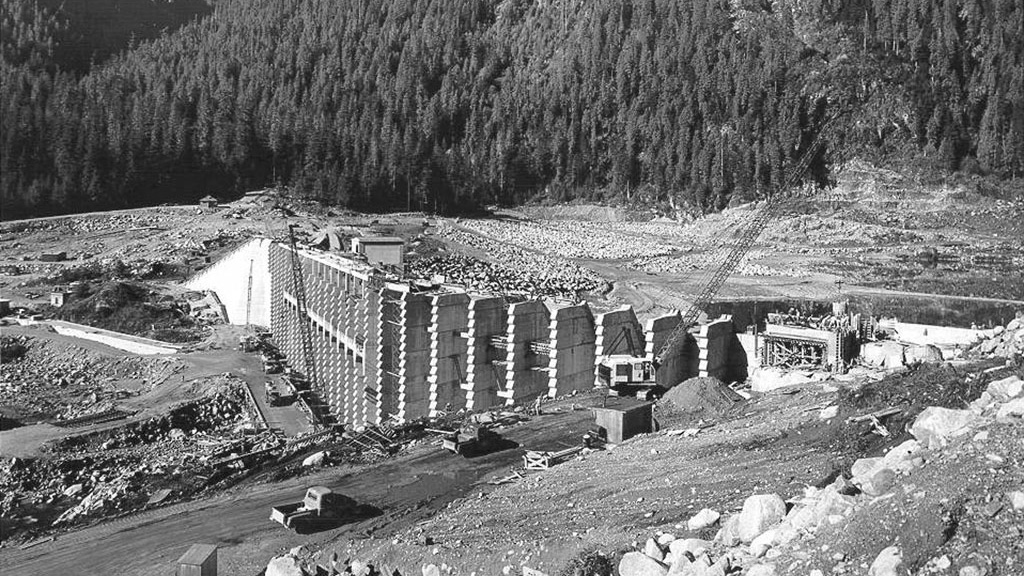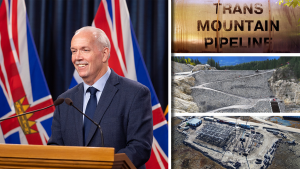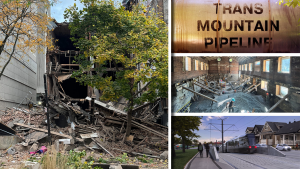VANCOUVER – Metro Vancouver is marking the 100th anniversary of the Greater Vancouver Water District providing drinking water to residents of the region.
Metro Vancouver provides drinking water for 2.8 million residents through a complex treatment and transmission system, a statement said. And the regional district is also responsible for the protection and stewardship of the Capilano, Seymour and Coquitlam watersheds.
Regional water supply collaboration began in 1886 with the founding of the Vancouver and Coquitlam Waterworks companies and the Greater Vancouver Water District was founded in 1924.
Leases were later secured for the Capilano and Seymour watersheds, the Cleveland and Seymour Falls dams were constructed, the Seymour Capilano Filtration Plant and Coquitlam Water Treatment Plant were opened, and twin tunnels were constructed to connect the Capilano Reservoir to the Seymour Capilano Filtration Plant, the release stated.
Metro Vancouver cited several new initiatives to take regional water management into the next 100 years, including reducing per-capita water consumption with a focus on the summer months when treated drinking water use increases by around 50 per cent due to lawn watering.
The statement also pointed expanding use of existing water sources, with planning underway to add a new water intake, water supply tunnel and treatment facilities at the Coquitlam Reservoir, which will double the capacity to draw water to meet the needs of the growing region. Metro Vancouver is also replacing and renewing water supply tunnels and key watermains across the region to increase their capacity and improve their resilience to an earthquake, the statement said.
“Long-term planning for a sustainable water supply is always top of mind at Metro Vancouver. As our region grows and the climate changes and becomes more unpredictable, the next important challenge we have is to ensure that we’re storing and using treated drinking water responsibly. We use too much drinking water in this region in areas it isn’t needed, and the actions and decisions we make now around water conservation will make a huge difference for the future,” Metro Vancouver water committee chair Malcolm Brodie said in a statement.
Later this year, Metro Vancouver will invite the public to participate by providing input on Metro Vancouver’s goals, strategies and actions regarding water supply for the next 10 years.











Recent Comments
comments for this post are closed